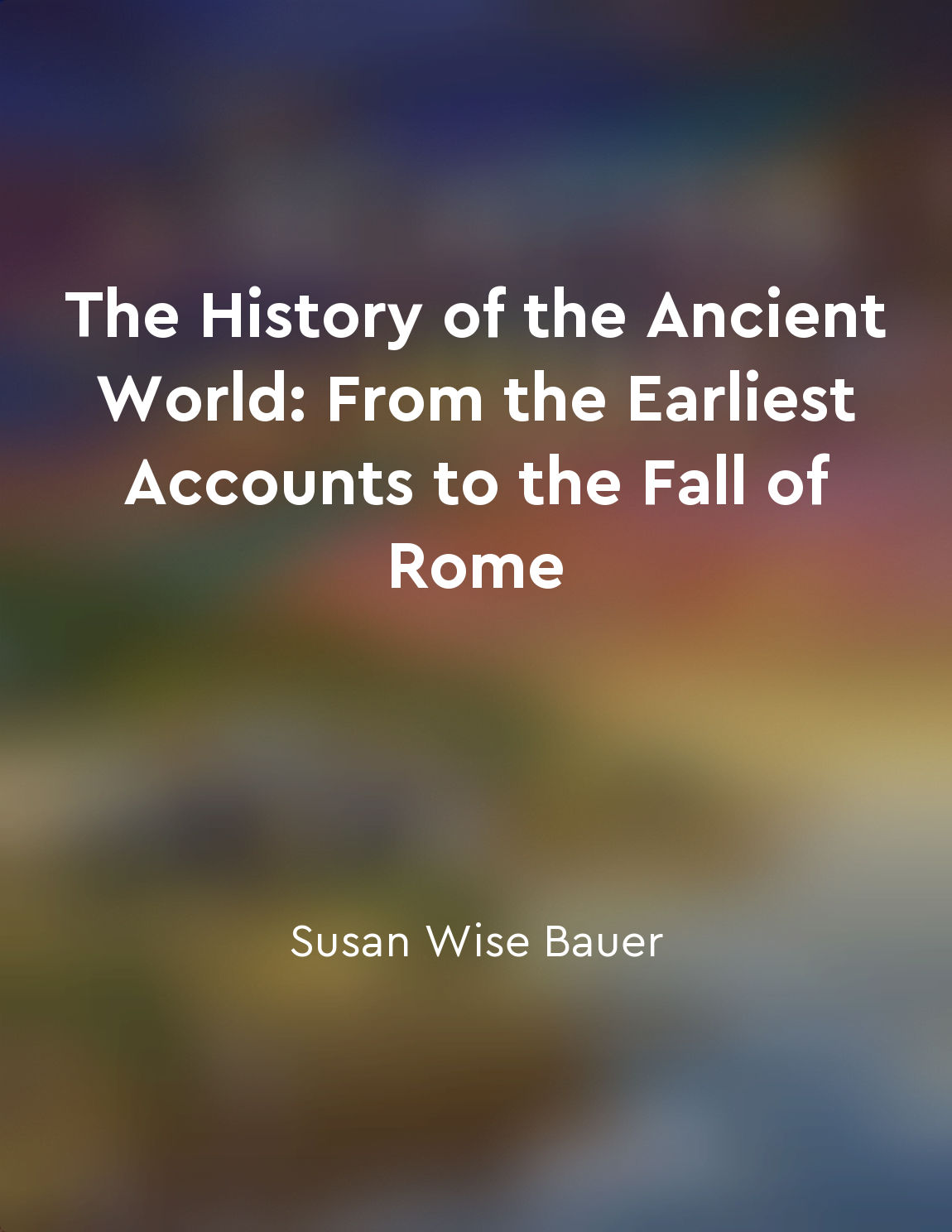Audio available in app
Examine the impact of barbarian invasions on the Roman world from "summary" of The History of the Ancient World: From the Earliest Accounts to the Fall of Rome by Susan Wise Bauer
The Roman world faced a significant challenge with the arrival of barbarian invasions. These invasions had a profound impact on the social, political, and economic structures of the Roman Empire. The barbarian tribes, such as the Goths, Vandals, and Huns, brought chaos and destruction to the once mighty Roman civilization. One of the most immediate impacts of the barbarian invasions was the disruption of trade and commerce. The roads and infrastructure that connected the vast Roman Empire were destroyed, making it difficult for goods and services to move freely. This led to economic decline and hardship for many Roman citizens who relied on trade for their livelihood. Furthermore, the influx of barbarian tribes into Roman territory put a strain on the already weakened military defenses of the Empire. The Roman army, once a formidable force, struggled to repel the constant attacks from the barbarians. This weakened the stability of the Empire and left it vulnerable to further invasions. The social fabric of Roman society was also deeply affected by the barbarian invasions. Many Roman citizens were forced to flee their homes and seek refuge in neighboring regions. This mass movement of people led to overcrowding, shortages of resources, and increased social unrest. The traditional social hierarchy of the Roman Empire began to crumble under the pressure of the barbarian incursions. Politically, the barbarian invasions signaled the beginning of the end for the Roman Empire. The once powerful central government in Rome lost control over its territories as barbarian tribes established their own kingdoms within Roman borders. This fragmentation of power weakened the authority of the Emperor and ultimately contributed to the collapse of the Western Roman Empire.- The impact of barbarian invasions on the Roman world was profound and far-reaching. It led to economic decline, social upheaval, and political instability that ultimately contributed to the fall of the once mighty Roman Empire. The legacy of the barbarian invasions can still be seen in the ruins of ancient Roman cities and the lasting impact on Western civilization.


